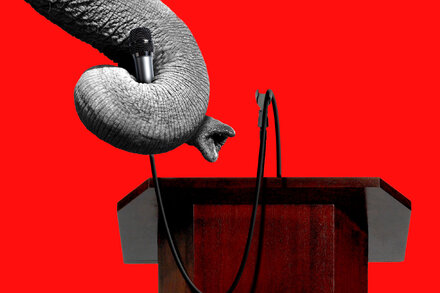WASHINGTON D.C. – The Federal Bureau of Prisons (BOP) has announced a sweeping policy change that will end existing union protections for its workforce, a move poised to significantly alter labor relations across federal correctional facilities nationwide.
The decision, communicated by BOP officials, means that established collective bargaining agreements and other union-backed safeguards for federal prison employees will be terminated or substantially modified. This impacts thousands of correctional officers, administrative staff, and other personnel working within the federal prison system.
Rationale Behind the Decision
According to statements from the BOP, the move is aimed at enhancing operational flexibility, strengthening management’s ability to respond to critical incidents, and ensuring the safety and security of both staff and inmates. Officials cited the unique and often high-stakes environment of federal prisons as a primary driver for the change.
“This strategic realignment is critical for the Bureau of Prisons to effectively fulfill its mission of ensuring public safety through the secure incarceration of offenders,” stated a BOP spokesperson in a recent press briefing. “It will allow for more agile decision-making, direct accountability, and a unified command structure necessary for the complex challenges we face daily.”
The Bureau emphasized that while union protections are being rescinded, the BOP remains committed to fair treatment and providing a safe working environment for all employees. It indicated that new internal policies would be implemented to address employee concerns and grievances, though these would not involve collective bargaining.
Union Response and Worker Concerns
The announcement has drawn strong condemnation from federal employee unions, who represent the majority of the BOP workforce. Union leaders assert that the decision undermines fundamental worker rights, jeopardizes employee safety, and could lead to decreased morale and increased turnover within an already demanding profession.
“This is an egregious attack on the men and women who put their lives on the line every day to protect our communities,” said a representative from the American Federation of Government Employees (AFGE), which represents many BOP staff. “Stripping away collective bargaining and grievance procedures will leave our members vulnerable, erode workplace safety standards, and ultimately make our prisons less secure. We intend to challenge this decision by every legal means available.”
Workers have expressed concerns about the loss of representation in disciplinary actions, changes to staffing levels, and the potential for unilateral modifications to working conditions and benefits without employee input. Many fear that the move could exacerbate existing issues such as understaffing and overcrowding in federal facilities.
Potential Ramifications
Observers suggest the policy change could have far-reaching implications for the BOP. Beyond potential legal challenges from unions, the decision may impact recruitment and retention efforts in a field already struggling to attract and maintain a stable workforce. Experts in labor law and public administration are closely watching the situation.
The BOP maintains that the reforms are necessary for the long-term effectiveness and security of the federal prison system. The full scope of the impact and the precise timeline for implementing these changes are expected to unfold in the coming months, as both the Bureau and affected unions navigate this significant shift in federal labor policy.
Source: Read the original article here.





